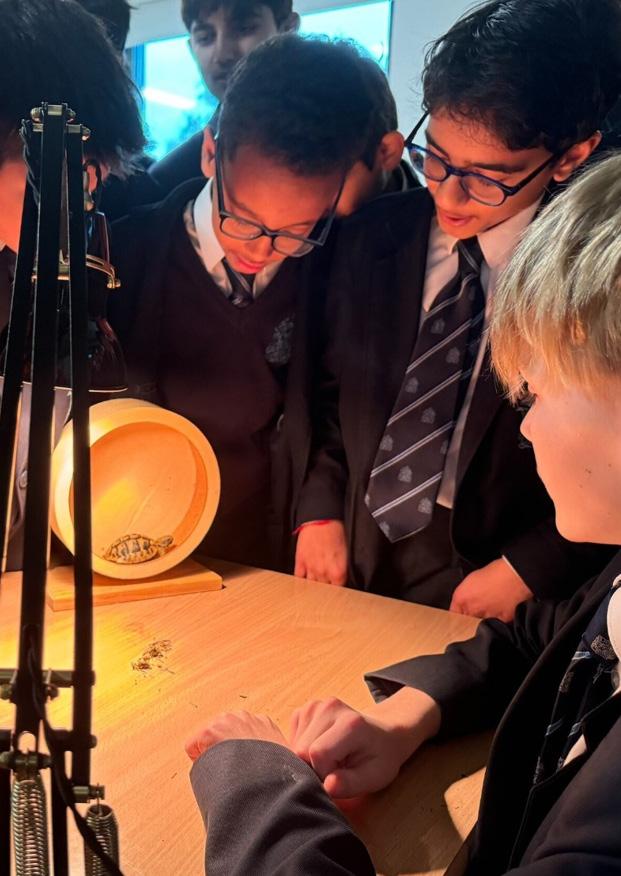

Introduction from the Headmaster
I am thrilled to share with you a summary of our ISI inspection report. The inspectors saw a school that is vibrant, dynamic, proud of our heritage whilst striving to develop and to prepare our students for the future, and a school that is academically ambitious, whilst equally enabling students to discover and develop their broader interests.
They also saw a school that is true to our values of ambition, curiosity, courage and community, and one in which students are happy and thriving.
The new ISI framework focuses on identifying the extent to which schools meet the standards. There is an additional concept of ‘significant strength ’. This is the highest accolade, a rare achievement for any school and only awarded when a particular area of provision shows a deep understanding of an aspiration for pupils’ development; is attributable to the knowledge, skills and decision making of leaders and staff; and has very clear and beneficial impact for pupils.
I am hugely delighted to inform you that we have been awarded two significant strengths.
The full details can be read on the following pages.
I am so proud to be part of this community. Habs is an amazing place, a thriving school, and as we seek to overcome the various challenges we are facing, we shall keep moving forward, continue to push boundaries and maintain our commitment to stretching, inspiring and supporting our students, who will remain at the heart of all we do.

MR ROBERT SYKES HEADMASTER
ISI is appointed by the Department for Education to inspect association independent schools in England.
Haberdashers’ Boys’ School was inspected on 11 to 13 February 2025 by the Independent Schools Inspectorate (ISI) under the newly implemented Framework, introduced in September 2023.
A team of eight inspectors, visited the school for two and a half days. Inspectors conducted lesson observations, attended registrations, assemblies and co-curricular activities. Inspectors spoke to the Executive Principal, Headmaster, school leaders, managers, staff and pupils. They reviewed the school’s policies, documentation, records and pupils’ work.
They also considered the views of pupils, staff and parents who responded to the ISI’s pre-inspection surveys.
WHAT SHOULD I EXPECT TO READ?
Under the new ISI framework, the reports award schools “met” or “not met” against five key standards and offer a short summary of their findings.
SUMMARY FINDINGS
This new framework evaluates pupil experience across four core areas, alongside Safeguarding which underpins the entire framework. All inspection standards were met:
Leadership, management and governance
Quality of education, training and recreation
Pupils’ physical and mental health and emotional wellbeing
Pupils’ social and economic education and contribution to society
Safeguarding
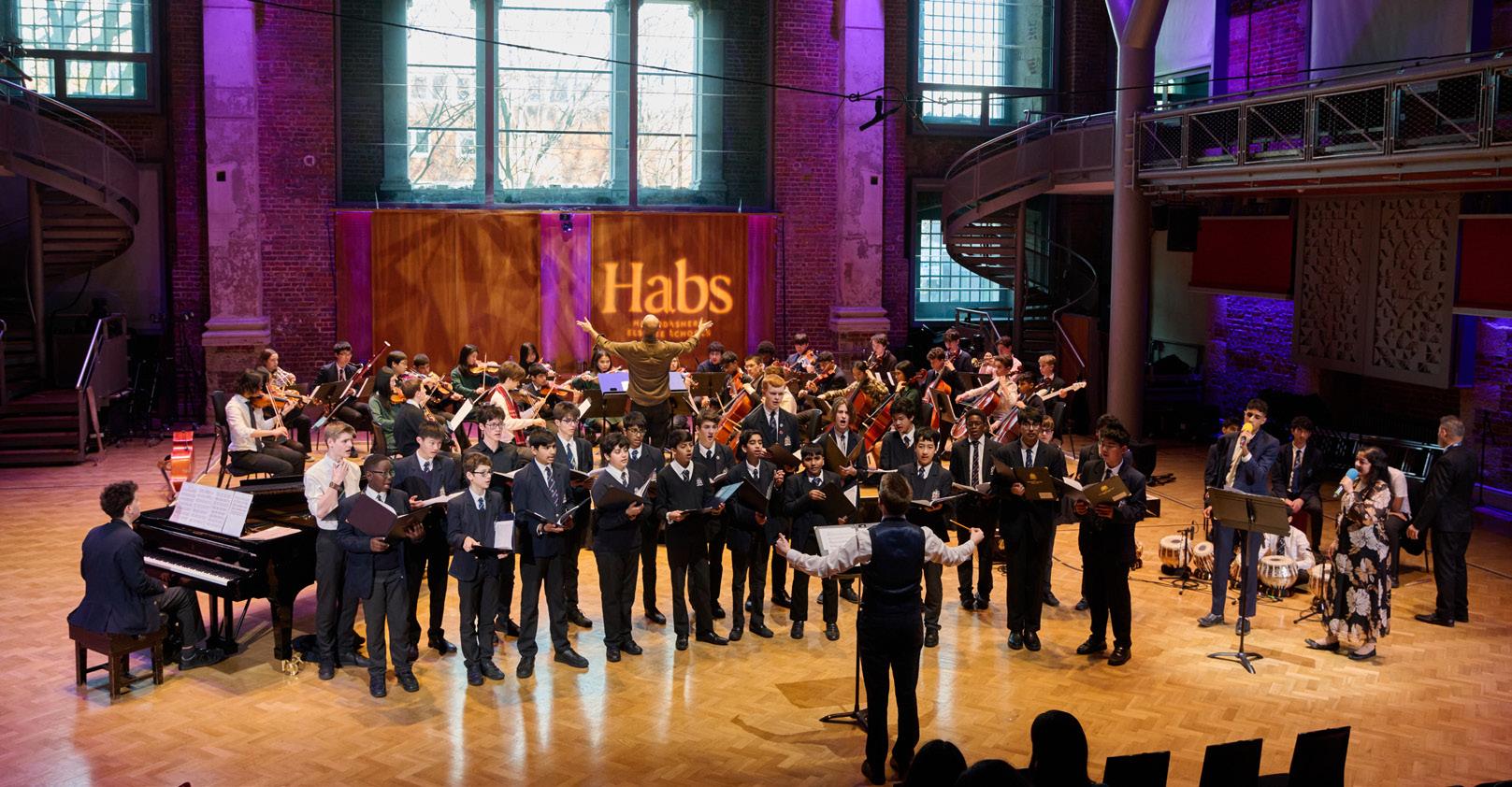
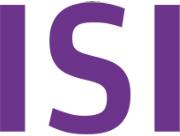
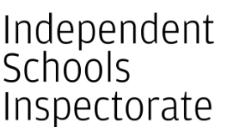
We are delighted with our report, it exemplifies everything that makes Habs so special – we have been awarded with two significant strengths, the highest accolade in the new ISI framework.
‘The co-curricular programme provides significant variety, and many activities are initiated or organised by pupils. In a school in which pupils have high academic ambition, the programme provides balance to pupils’ examination studies, and although voluntary, all pupils take part. As such it promotes pupils’ wellbeing and is one of the school’s significant strengths.’
AND
‘Prep school leaders have revised the English curriculum effectively so that pupils’ high levels of attainment in literacy in this phase of education is a significant strength.’
This document is a topline summary of the report, the full report can be found on our website under ‘ About us’ - ‘Policies’.
Leadership, Management and Governance
The report highlights ‘the board has set clear strategic aims to be at the forefront of education, which reflect the recent sharing of sixth-form teaching with Habs Girls.’
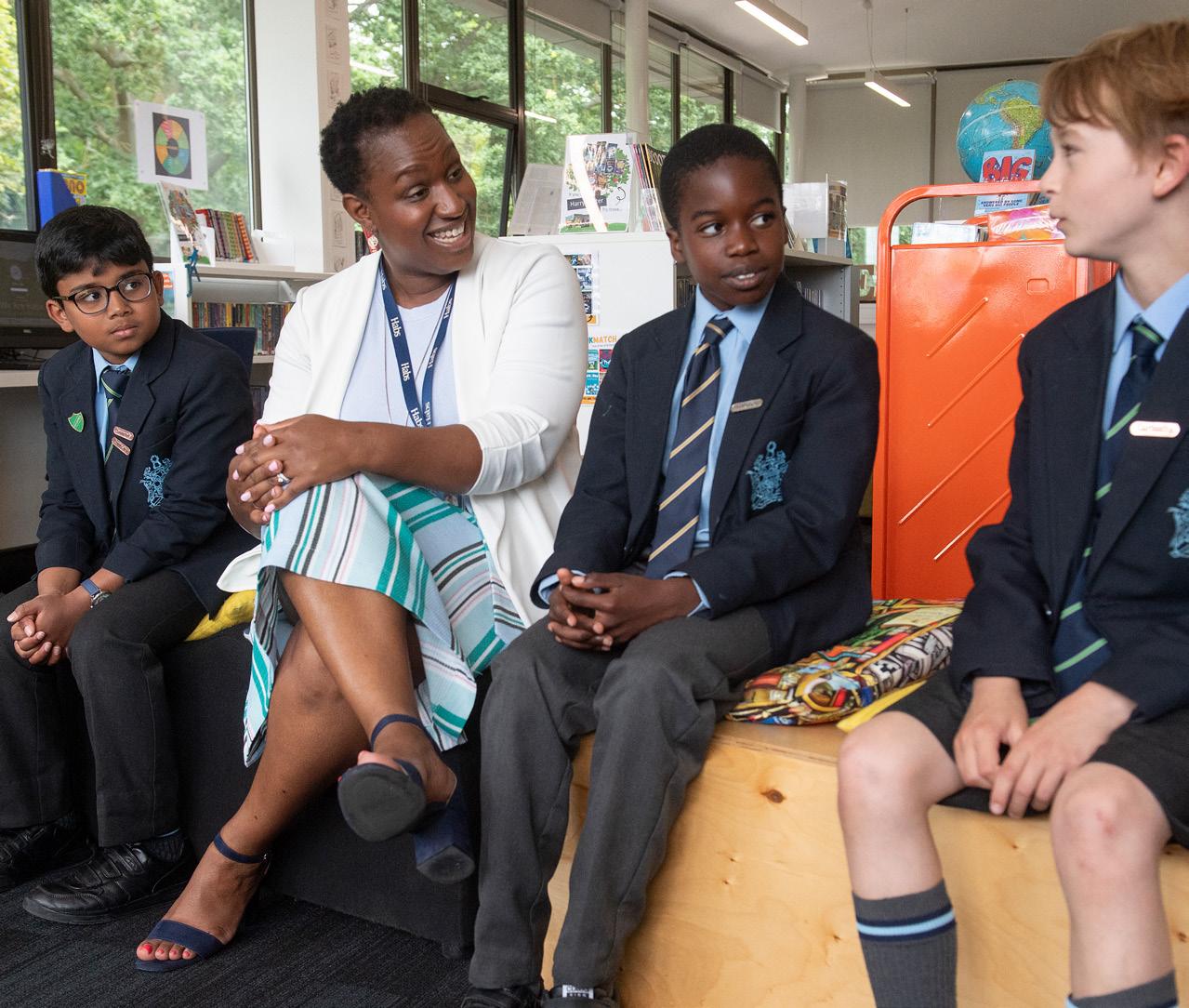
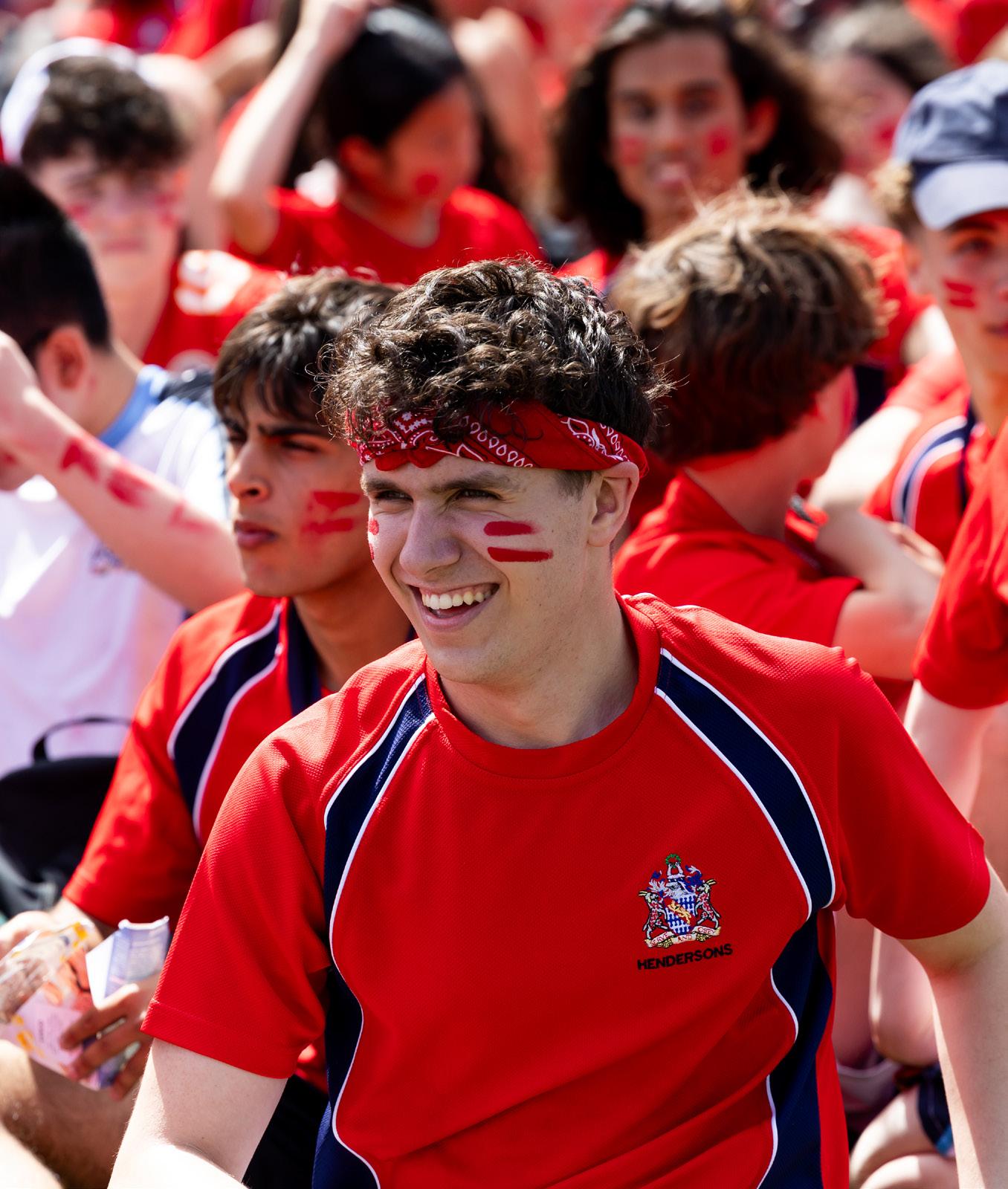
It also noted how ‘leaders comprehensively and cohesively evaluate all areas of school life. They gather evidence through surveys, discussion with pupil representatives on the school council, staff and parents, and direct observation. Planning has a clear and effective objective of improving the impact for pupils in all areas.’
‘In a large school, the house and tutor system enables the opinions of all pupils to be listened to.’
‘Leaders at all levels have secure knowledge in their areas of responsibility and apply it effectively. They regularly evaluate the quality of teaching, monitor pupils’ work and use data to reassure themselves that at least good levels of progress are being maintained.’
Quality of Education, Training and Recreation
The report highlighted ‘in cohorts well over 150, about nine-tenths of GCSE examinations are graded 9 to 7, with about one-half at grade 9. Well over three-quarters of A-level papers are graded A* or A, and typically about one-half are A*. Both sets of results represent statistically considerable progress from pupils’ starting points.’
We were also awarded two significant strengths:
SIGNIFICANT STRENGTH 1
‘The co-curricular programme provides a rich variety of opportunities to explore interests in more breadth or depth. Many activities are initiated or organised by pupils. In a school in which pupils exhibit high academic ambition, the programme provides balance to pupils’ examination studies, and although voluntary, all pupils participate. As such it promotes pupils’ wellbeing and is one of the school’s significant strengths.’
SIGNIFICANT STRENGTH 2
‘Prep school leaders have revised the English curriculum effectively so that pupils’ high levels of attainment in literacy in this phase of education is a significant strength.’
‘Leaders in the [early years] setting have provided an extensive variety of resources through which children can develop their own interests alongside others. As a result, they make rapid progress in their communication, language, personal and physical development.’
‘Leaders in the prep school have carefully planned the curriculum so that it meets the aptitudes and needs of pupils who have a wide range of interests.’
‘Leaders provide a stimulating environment in which to learn.’
‘Teachers judge astutely when pupils can move quickly through straightforward concepts and when to give them more time to confront more challenging problems or ideas.’
‘Lessons are typified by teachers and pupils working side-by-side with a common aim of developing their understanding, respectful of their differences in background.’
‘Activities in school allow pupils to explore new interests outside the taught curriculum, or to develop their own specialisms, for example in music, drama or sport, or The Duke of Edinburgh’s Award scheme (DofE). ‘
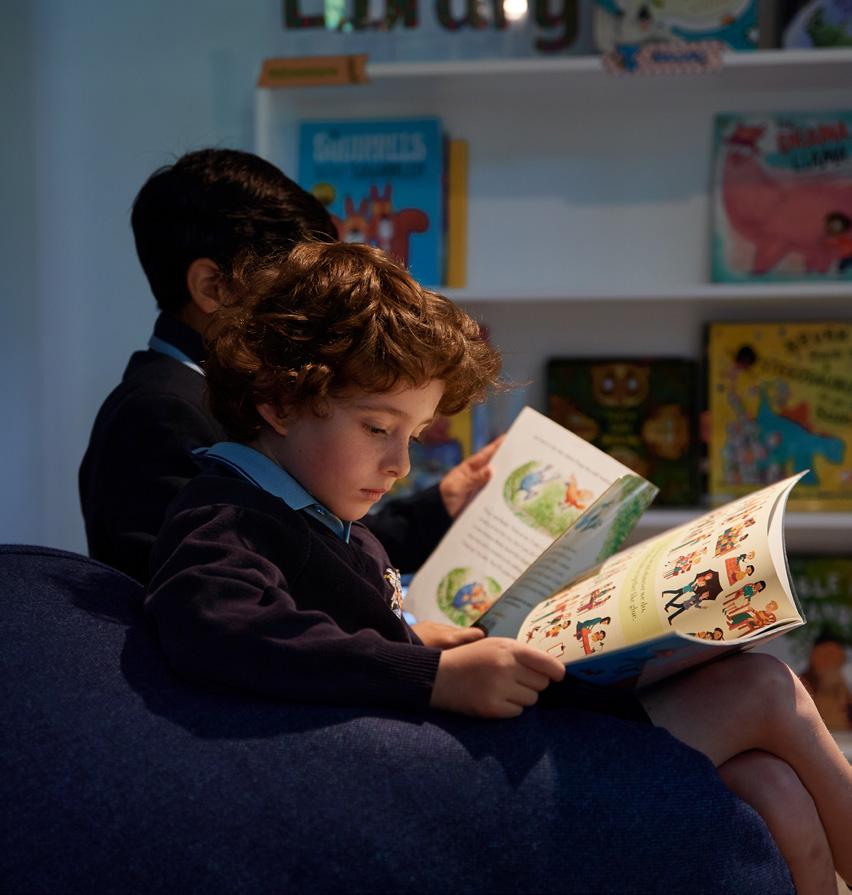
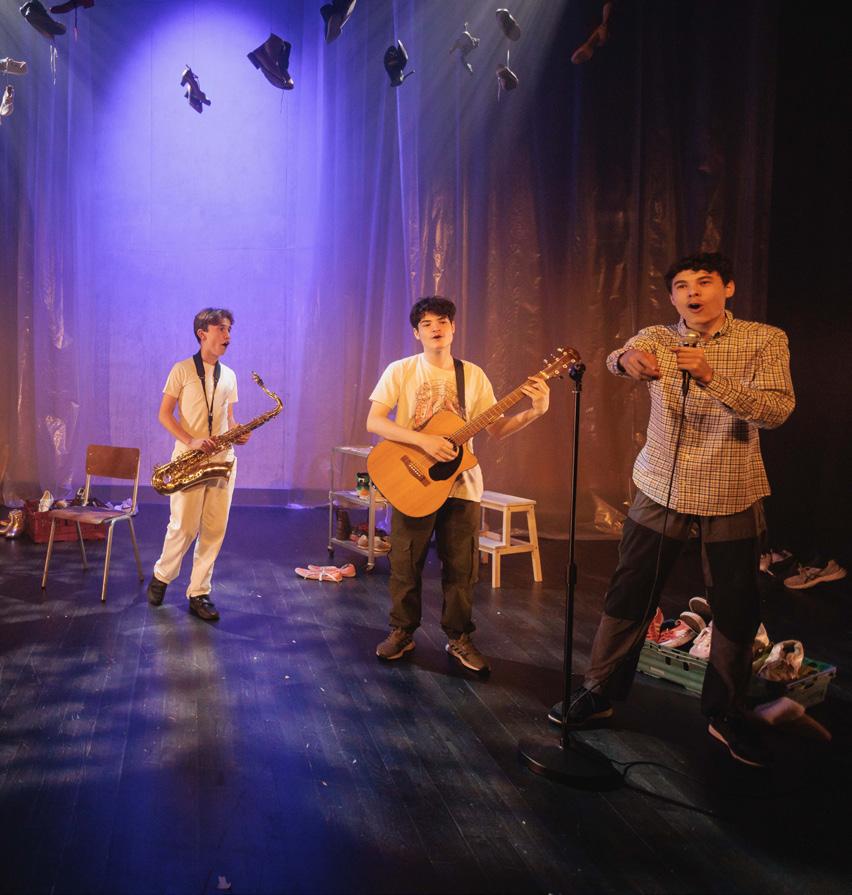
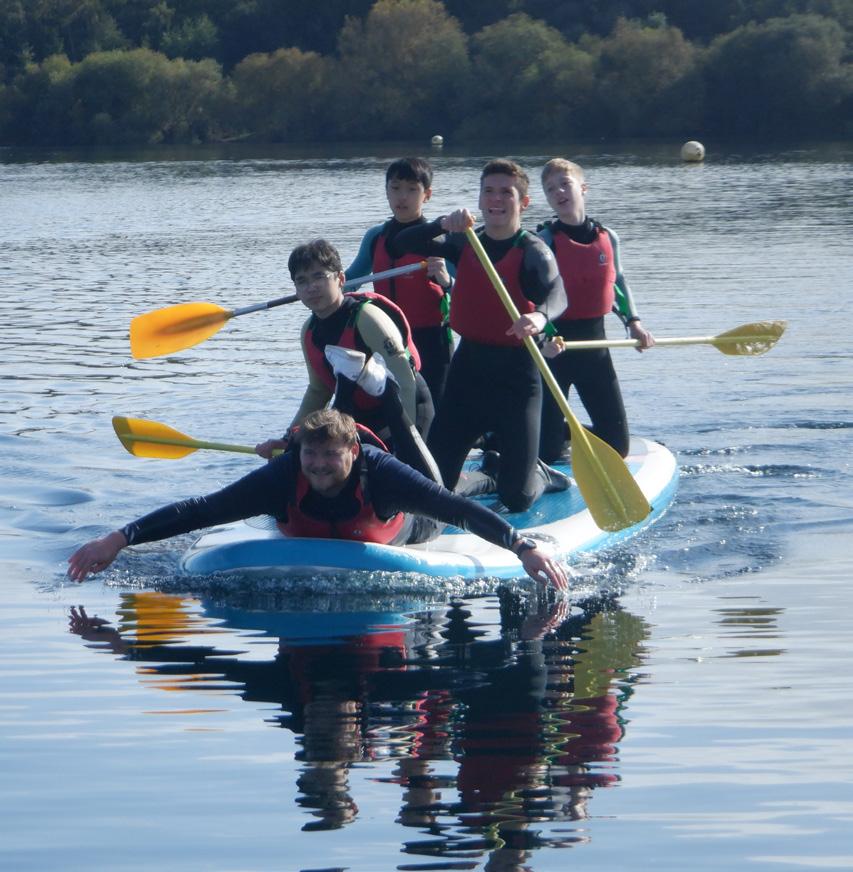
Pupils’ physical and mental health and emotional wellbeing

The report highlights ‘the co-curricular programme contributes to the growth in pupils’ self-knowledge and confidence at all ages’ and how ‘almost all pupils take part and use the opportunities to retain a balance in their lifestyle.’
‘Pupils keenly support societies and acts of worship that represent all the major world religions, and many pupils choose to visit acts of worship outside their own faith. As a result, the school successfully encourages pupils to develop profound levels of respect and extend their spiritual knowledge and understanding.’
‘The availability of such a wide and engaging programme makes a substantial contribution to pupils’ mental wellbeing.’
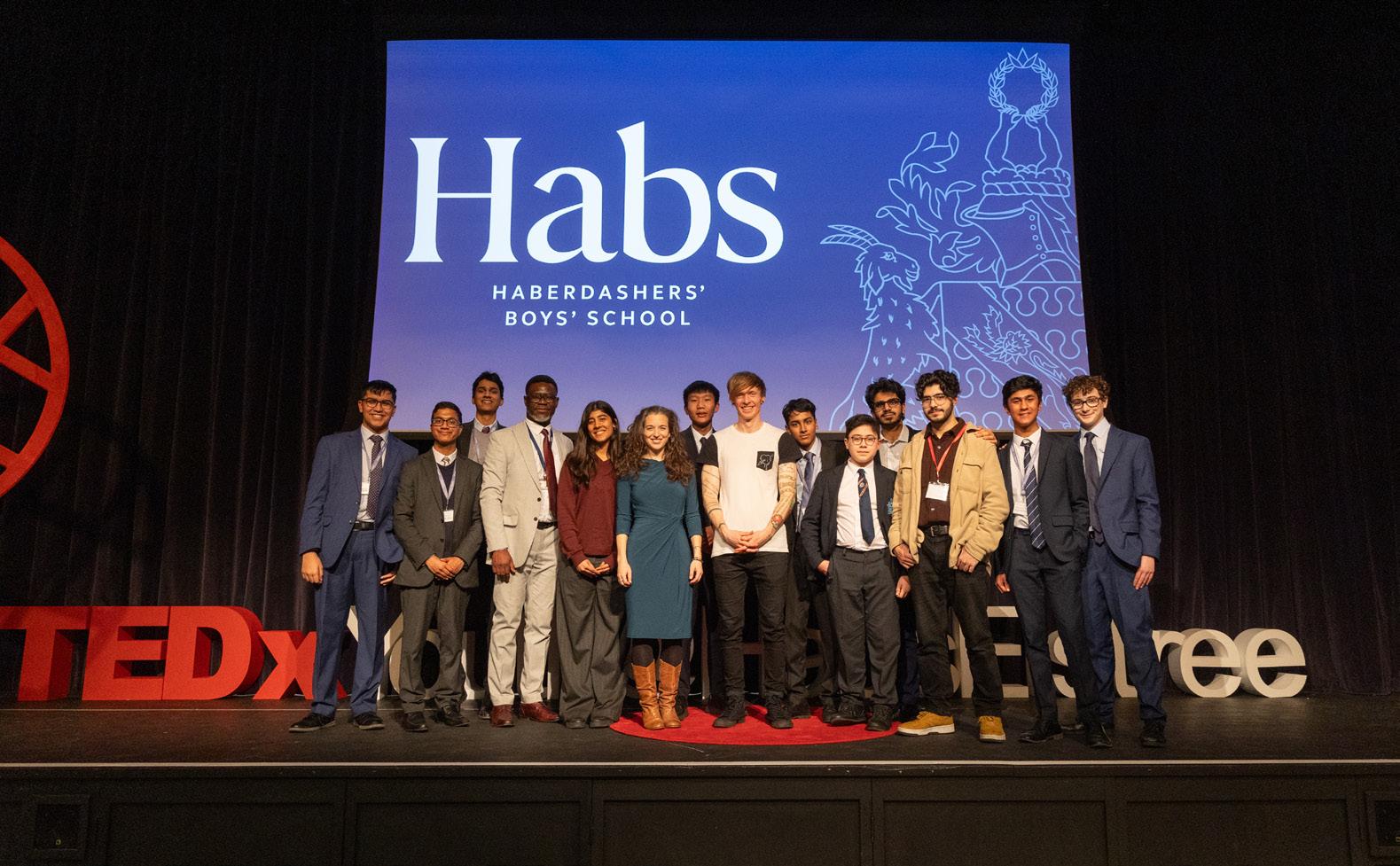
‘Incidents of poor behaviour or bullying are rare.’
‘Pupils have a clear understanding of right and wrong.’
‘Pupils belong to the same house throughout their time in the prep school, and then again throughout their time in the senior school. As a result, in a large school, pupils can identify with and gain confidence in smaller groups. They are well supported by pastoral staff and older pupils.’
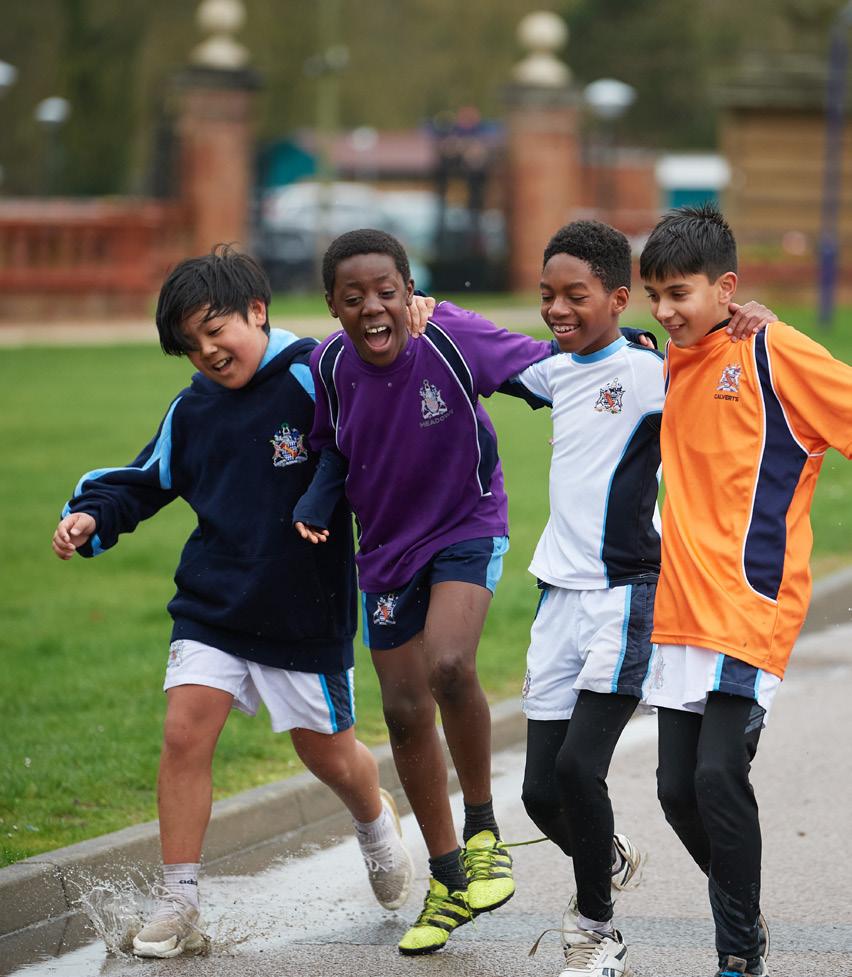
Pupils’ social and economic education and contribution to society
The report notes ‘the curriculum emphasises that pupils have a responsibility towards society. Pupils engage in a wide range of service to both the school and outside community’ and how ’leaders encourage pupils to respect other people by promoting discussion and debate at every opportunity.’
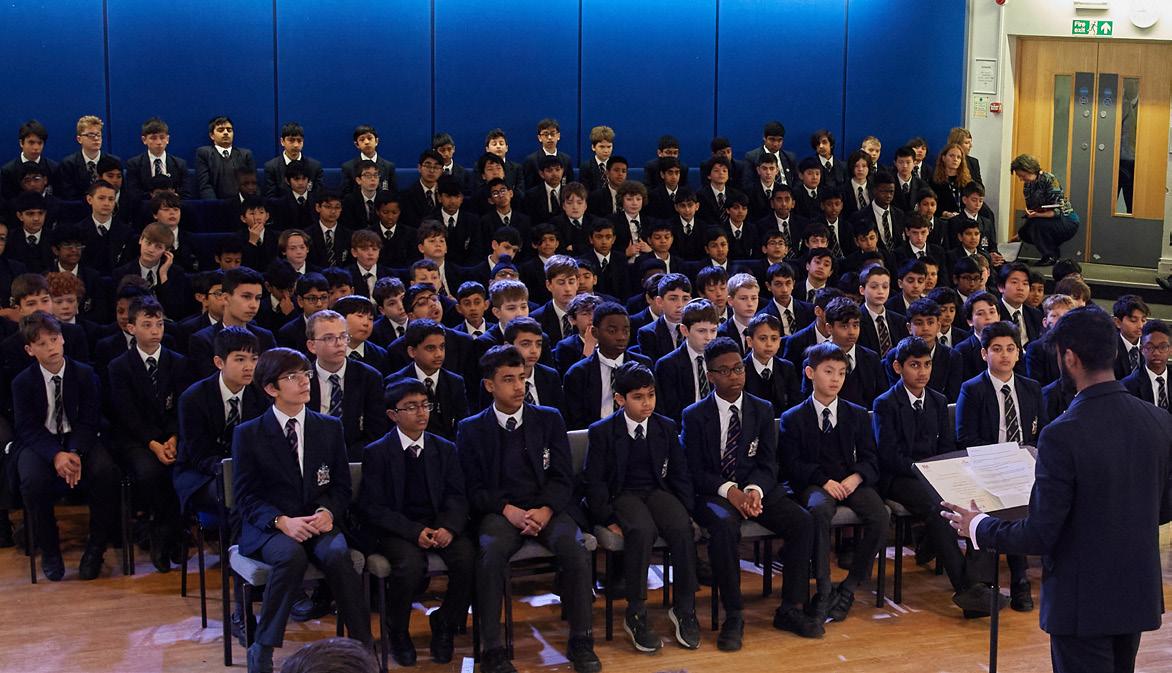


‘The pupil-led student councils in the prep and senior schools consider all aspects of pupils’ lives at school. They successfully gather opinion and ideas from across the school. Alongside the results of regular surveys, leaders routinely use the councils as a conduit for information about pupils’ views, as they look to improve the experience for pupils.’
‘Leaders promote pupils’ cultural awareness through the extensive opportunities in art, music and drama provided by the taught and co-curricular programmes.’
